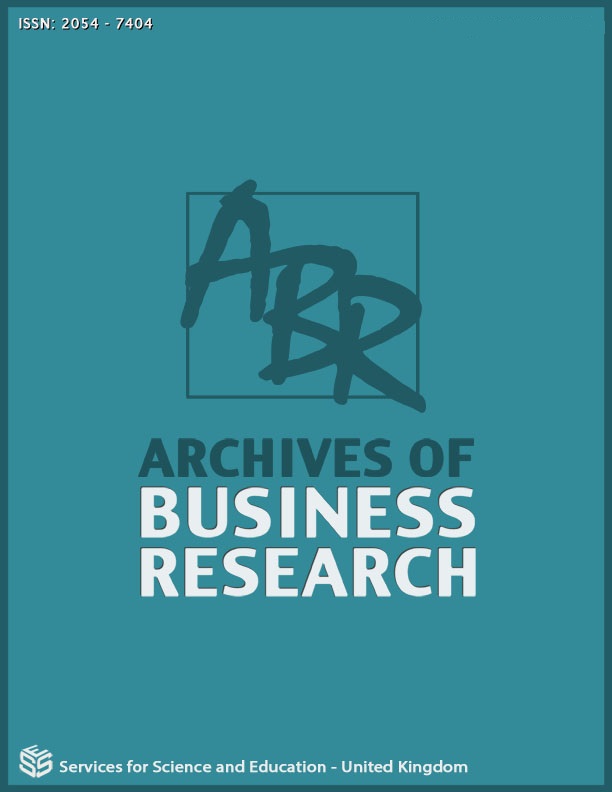Financial Inclusion, Per Capita Income and Human Development: Evidence from African Countries
DOI:
https://doi.org/10.14738/abr.123.16235Keywords:
Financial Inclusion, Per Capita Income, Human DevelopmentAbstract
There is a growing consensus that financial inclusion is essential for economic growth and human development. Studies have shown that financial inclusion can lead to increased investment, productivity, and employment. It can also help to reduce poverty and inequality. A country’s prevailing macro-economic factors such as per capita is also thought to accelerate or slow down the effect of financial inclusion on human development. This study assessed the effect of per capita income on the relationship between financial inclusion and human development among African countries. To achieve the research objectives, the study employed a panel longitudinal research design that involved collecting secondary data for the period between 2011 and 2020 on an annual basis for each of the 54 African countries. Findings indicate that financial inclusion, measured by bank branches, ATMs, deposit accounts, and loan accounts, has a positive and significant effect on human development in African countries. Furthermore, per capita income was found to moderate the relationship between financial inclusion and human development. The study concludes that fostering financial inclusion and enhancing per capita income is crucial for promoting human development in African countries. The study emphasizes the need for policymakers to prioritize inclusive finance and implement targeted interventions to address the specific challenges and opportunities within each context.
Downloads
Published
How to Cite
Issue
Section
License
Copyright (c) 2024 Paul Mani, Winnie Nyamute, Herick Ondigo

This work is licensed under a Creative Commons Attribution 4.0 International License.






